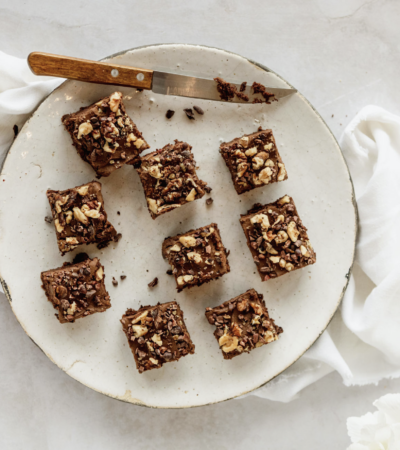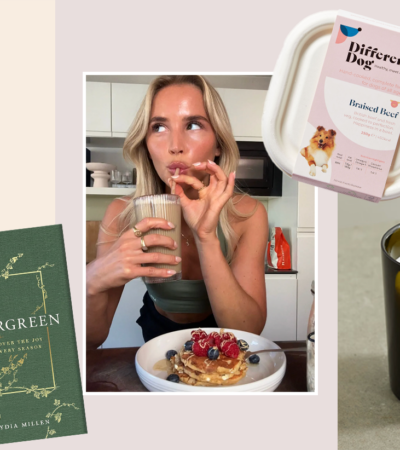Here at the H&H headquarters we are all about eating clean to get lean and we are totally convinced that abs are made in the kitchen! So the last week of February we want to focus on eating whole foods. Just to be clear, when I say “Whole Foods” I don’t mean the actual shop, (although for us, that wouldn’t be too difficult!). What I’m saying is to eat foods that really are in their most natural state, that haven’t been injected will all sorts of unpronounceable chemicals and haven’t been processed within an inch of its life. This week H&H want to take a look at the ins and outs of “real” food and why we should be eating more of it.
Of course, food is to be enjoyed… I truly believe that it can be one of life’s greatest pleasures! But lets go back to when our ancestors were cavemen and put our feet in their shoes…(well, they didn’t wear shoes, but you get my drift!). They viewed food in a very simplistic, non-emotional way. Food was eaten to stay alive and to give their bodies energy.
What did a pre-historic diet look like? Before the discovery of fire, there were no means of cooking foods. This meant cavemen had a raw diet consisting of vegetables, fruit, legumes, grains and some animal meat. Two years ago, paleoanthropologists found bits of date stuck in the teeth of a 40,000-year-old man! Other foods that have been found include figs, olives, plums and pears and were estimated to be over 700,000 years old! Food was picked/caught and went straight into their stomachs. No middle man, no processing, and no strange chemicals used. I don’t think “processed” was even a word back in those days!
What changed? Well, quite a lot! As the human population grew, many people gradually moved away from country living to a faster pace of life in towns and cities where space and time became increasingly limited. A gap in the market for convenient foods saw the boom of the supermarkets. Big manufacturers were getting involved to provide large amounts of food quicker than ever before. This mass production of food led to excessive amounts of it. Man was now producing more food than he could consume. The solution? Developing longer shelf lives. (Enter chemicals and preservatives).
Why does the 21st century diet look so different to what our ancestors ate? Busy lifestyles, lack of time, stress, the desire for convenience, a growing population, money… the list is endless! Not only have our diets changed but also our lifestyles. Another big factor in why our diets look so different was the discovery of sugar. During the 18th century, sugar became hugely popular. European populations began eating tea, coffee, chocolates, jams and other sweets in much greater amounts. The food industry goes to great lengths to try and figure out what makes us crave a product and they realised that sugar was very addictive. They learnt to catch us out, not with the obviously sugar-laden biscuits and chocolate (we know they don’t do our bodies any good)… but with hidden sugars. Nowadays, we can find sugar in all kinds of weird and (not so) wonderful places. We’re talking packaged soups, sauces, dressings, bread “fruit” yogurt and even chicken! Yuck!
How is processed food damaging our health? How long have you got? I’m going to try and condense this in to one paragraph. Processed foods are just bad news all round. They can cause serious digestive problems as so many processed foods are stripped of their natural fibres and enzymes that aid in breaking down food. Also, when we consume processed foods, we are consuming toxins that we were never designed to ingest like pesticides and phosphates (designed to extend shelf-life). Our bodies don’t recognise these foreign substances and that can cause chronic inflammation. We also become severely malnourished because processed foods are nutritionally empty. We can consume so many calories from all these genetically modified foods yet we are always left wanting more. This is because our bodies are craving nutrients not more food! Our bodies want to be healthy and if we don’t give it want it needs, you’re going to know about it!
What are the benefits of eating whole foods? Ok! This is the fun part! Our bodies love whole foods, it’s what we were designed to eat. You’re nourishing your body with vitamins, minerals, antioxidants, fibre, healthy fats and the best thing about that is the variety your getting. You become much more efficient at detoxifying your system too. Think about it… eating processed food puts so much stress on your liver (your detox organ). While its frantically trying to rid your body of all the toxins its receiving, your feeding it more! Eating whole foods restores the balance in your body, regulates out-of-kilter hormones and boosts your immune system. All these things are so important for fighting off illness and disease. One final benefit, which you’ll notice relatively quickly once on the whole foods band wagon, is soaring energy levels. Need I say more…?
Words by Molly Jennings













